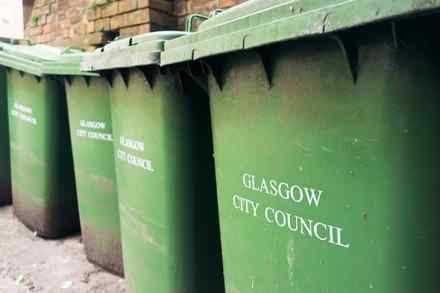Glasgow is threatening a rubbish COP26
Glasgow’s bin men mostly manage to avoid being drawn into international relations but that could be about to change. The city’s refuse workers have voted 96.9 per cent in favour of industrial action in response to a pay offer that would have seen local government employees on less than £25,000 gain an extra £850. Unless there is an improved offer, members of the GMB Glasgow branch could go ahead with industrial action, including during the first two weeks of November. That is, of course, when world leaders from the Prime Minister to President Biden will be in town for COP26. As I wrote about in the magazine earlier this month,





















